Student Blog
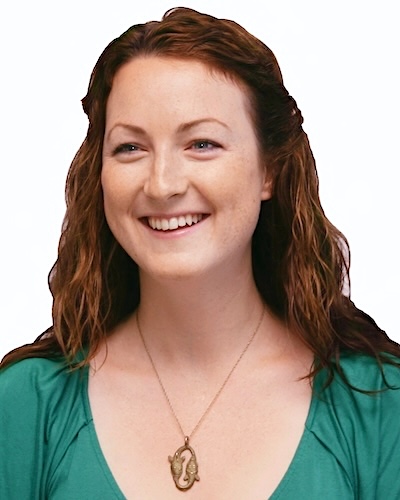
Procrastination . . . I Mean Occupation! ⟩
September 30, 2011, by Alix
Life Hacks School/Life Balance
I’m pretty busy this semester, so when distractions come up throughout the week, I ignore them. For about five minutes. Then I move through stage two of the procrastination phase, mostly involving profound guilt, shame, and self-beratement. Finally, I give in. For example, I am in the middle of planning my wedding. As some of you probably know, a person could literally fill 60 hours a week with wedding planning. There are always details to iron out, vendors to contact, and logistics to agonize over. (Especially since our wedding is taking place in a field, under a tree, with no infrastructure or electrical outlets.) Plus, the internet contains a seeminly endless supply of wedding blogs, all filled with pictures of perfectly executed events and reasons that you should be panicking about yours. And this is in addition to the wedding magazines that arrive practically daily at my front door. I find myself wondering what kind of dessert to serve, and then spending three hours “researching” the (very complex and elusive) answer. But then the other day I had a brilliant realization: Maybe this isn’t procrastination. Maybe it’s an occupation! Maybe planning my wedding is one of my leisure occupations! And being in OT school, I of all people should know that health requires a balance of work, rest, and leisure. So, in reality, I should be proud of myself. Right?
⋯
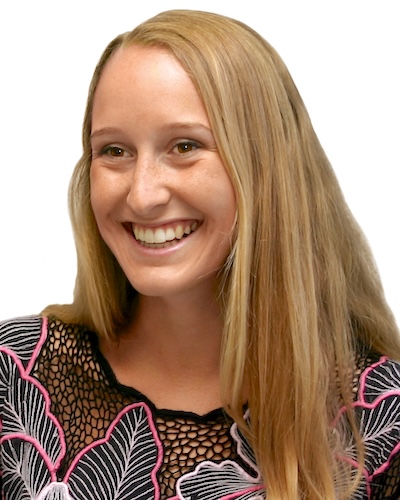
Student by Day, Athlete by Night ⟩
September 28, 2011, by Kimberly
Living in LA School/Life Balance
While in the OT program, our time is taken up primarily by either being in class or studying/doing projects related to class. But for those of us who need to get out and be active and were previously athletes in high school or college, finding time to work-out is essential. Last year a group of my fellow students trained and ran the LA Marathon. Others take classes through USC, surf, do yoga, or form their own running groups on the beach for example. This year, in order to keep myself on a work-out schedule, I decided to train for the LA Triathlon. I have done all three sports (swimming, biking, and running) throughout my life, so it wasn’t too big of a jump to combine all three.
The race was this past Sunday and it was a blast! We started in Venice Beach and swam in the Pacific, then biked up Venice Blvd and Olympic Blvd to downtown LA. The final run was right through the middle of the LA skyscrapers. It was neat to be a part of something so huge and with people who were as crazy as me to sign up for the race. Of course there were also the professional triathletes who do this for a living, and those who had the thousands of dollars’ worth of gear. But the rest, like me, were just interested in trying something new and completing it for the sake of doing so. Overall it was an awesome experience and one to definitely go down in the books.
Though school is our main job right now, many of us in the program do make sure to take time to enjoy the outdoors and get active. Some call it finding balance, others say we are “OTing ourselves” and making sure we don’t get too overloaded with reading. Either way, LA is the perfect place to explore all kinds of options to stay active. Just get out there and give it a shot!
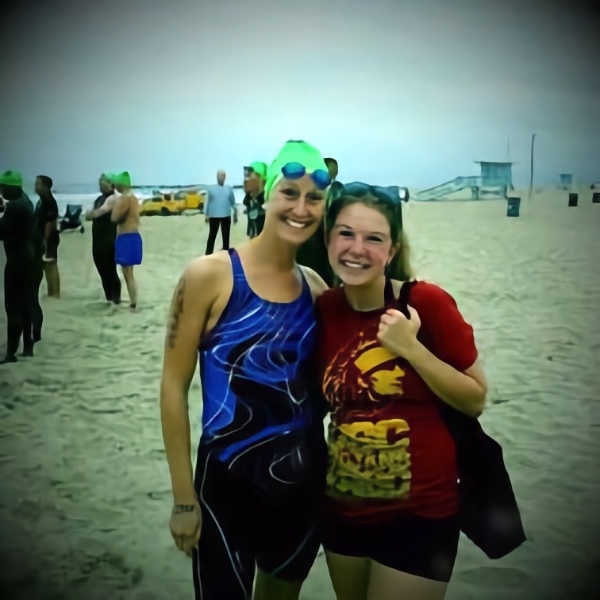
⋯
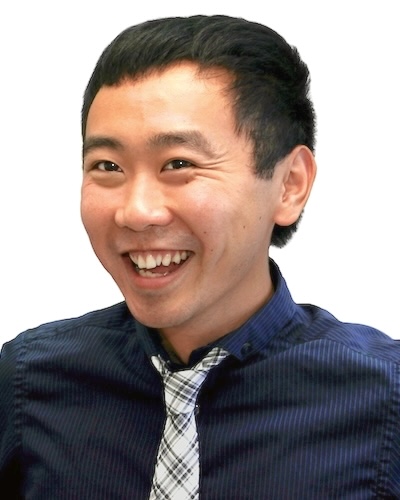
Afternoon Tea with a Scholar ⟩
September 28, 2011, by Floyd
What a wonderful Sunday spent with good people, delicious food, and thoughtful reflection on who we are and what are to become. During this afternoon, I got to nibble on a variety of delightful summer and spring salads and scrumptious little desserts, while sipping an assortment of lemonades and iced teas.
I got to hear about the advocacy opportunities that OTAC (Occupational Therapy Association of California) representatives and lobbyists had when they were at Capitol Hill in Sacramento. They spoke to many city and state officials like Senator Barbara Boxer about the implementation of bills and regulations that assure integrity of occupational therapy practice in California. This makes me proud to be an OTAC member because I know that they are doing their best to fight for my rights as an Occupational Therapist and protect my profession for the future.
The most inspiring of all was our keynote speaker, Dr. Florence Clark. She spoke to us about empowering ourselves by embracing the integrity that we developed through our lived experiences and to speak up for what we believe in, no matter what. She gave a personal example our how she was negatively depicted because of her unconventional but groundbreaking research (the USC Well Elderly Study) during the late ‘90s. She tells us that we must relinquish the conformity that society has portrayed us over the years and be active agents in our own learning and path as great practitioners. We are sleeping giants, and it’s time for us to wake up and be the change we want to see in the world.
⋯
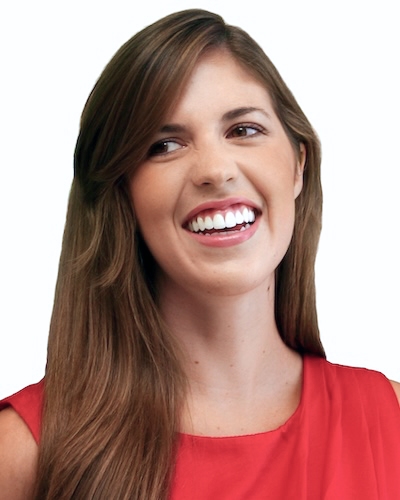
“Flowing” ⟩
September 26, 2011, by Chelsea
Have you ever done something that was so engaging it made you completely forget about everything else on your mind? In occupational therapy, we call this the “flow” state because it is the point at which every move you make has a seamless connection with everything that precedes it and follows it. It is a state of deep concentration and great autonomy, in which the person experiences a perfect balance between their skill level and the level of difficulty. Why do we seek out these experiences? The result is explicit emotional satisfaction.
I experienced “flow” last weekend.
It was in San Diego, my hometown, where I had this experience after my friends and I decided to go wakeboarding. Being an avid snowboarder, wakeboarding came naturally to me, yet it was still a new and invigorating sensation. From the moment the boat lifted me out of the water, I was in the zone. It felt so awesome to be carving through the cool water with the wind whipping across my face. And the best part was being able to completely clear my mind of everything — for a few minutes I had no deadlines, no papers to think about, and no places to be . . . just sheer bliss. I can’t wait to help my future patients find their flow state! As for you . . . you may already know — what makes you flow?
⋯

Storytelling in OT ⟩
September 22, 2011, by Alix
This past week, I attended a fantastic seminar on the power of storytelling and deep listening in healthcare settings. I had the privilege of meeting a number of other healthcare professionals and students, including doctors, nurses, psychologists, massage therapists, physical therapists, and even a hospice chaplain. (I became very adept at defining OT!) We learned about a technique called “joint construction of narrative,” which involves listening to the patient and helping him/her to weave a story out of his/her life and illness experience. Then, we learned about the importance of “mirroring” the patient’s story, reflecting it back truthfully rather than trying to “fix” the problems. (This is harder than it sounds!)
As a former English major, I love a good story, and one of the things I like most about OT is the opportunity to hear compelling life stories from clients. Because we aren’t saddled with the same time constraints as many other healthcare professionals, we can settle in and enjoy the rich process of listening to the people we work with. I think a lot of people, especially in underserved populations, don’t have many opportunities to tell their story in a nurturing, supportive environment. So it seems like we have a responsibility to provide that environment whenever we can with OT. Anyway, off my soapbox now! 😊 Bottom line: I’m excited to be able to take storytelling from my undergrad English days all the way into a new career in OT.
⋯





